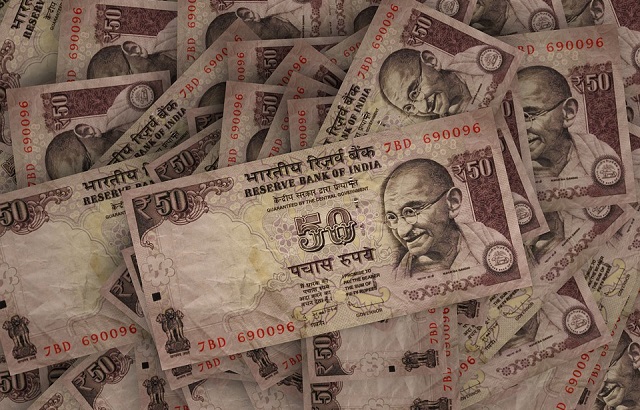India’s capital market regulator Securities and Exchange Board of India (Sebi) has barred NRIs from buying depository receipts (DRs), issued by India-listed companies.
The move is part of the regulator’s plan to get tough with ownership rules on companies that are raising funds through equities sales abroad.
NRIs are currently permitted to invest in DRs if they are resident outside India, which is now changed resulting in them not being allowed to transfer the underlying shares of DRs in their name and voting rights denied.
DRs are instruments denominated in foreign currencies, issued by a foreign depository against the shares deposited by companies with a custodian in India.
They are physical certificates of underlying equities which allow investors to hold them and be traded on an exchange platform.
Popular DRs are American Depository Receipts (ADRs) and Global Depository Receipts (GDRs).
DRs would be required to be listed on an international exchange of a permissible jurisdiction notified by the government from time to time.
Custodians are required to take voting instructions from DR holders before voting for company resolutions.
Certain DR schemes have a formulation where either the DR holder instructs the depository to vote or if the depository does not receive instructions from the holder.
In that case the DR holder is deemed to have authorised a discretionary proxy to a person designated by the issuer to vote.
Sebi’s new move is to restrict such discretionary proxy in favour of the issuer or its management. The regulator also said DR holders would not be included in the list of minimum public shareholders.
Benoy Sasi, international lawyer with DIFC Courts and India high courts, said there is a grey area in the new notification that Sebi has not specified whether the new rules would be extended to Indian mutual funds.
As it is, NRIs are exposed to DRs by virtue of their investments in mutual funds, as Sebi-registered mutual funds are allowed to invest in DRs subject to certain conditions.
New framework
Sebi has also notified a framework for domestic companies to raise capital by issuance of DRs. With this, listed Indian companies are allowed to issue either equity or debt to investors on the overseas stock exchanges such as NYSE, Nasdaq and Hong Kong Stock Exchange. However, the regulator has not allowed unlisted companies to issue DRs.
The equity issued under the DR programme will not be considered as public shareholding for the purpose of computing the 25% minimum public float mandatory for listed companies.
Dwindling interest in PMS
The new regulation comes at a time when fund flows by NRIs into portfolio management schemes of investment and advisory firms in India have seen a drop of up to 80% in 2019, indicating dwindling interest in Indian market amidst concern on growth and diminishing returns.
NRIs from the Gulf countries account for a major part of overseas investors in Indian stocks, debt and fixed income products.
Major portfolio management service companies have reported a sharp fall in fresh NRI fund flow into portfolio management schemes. The low appetite stems from the fact that NRIs have seen big drop in invested capital in the Indian market despite big jump in market value for a majority of listed stocks.








